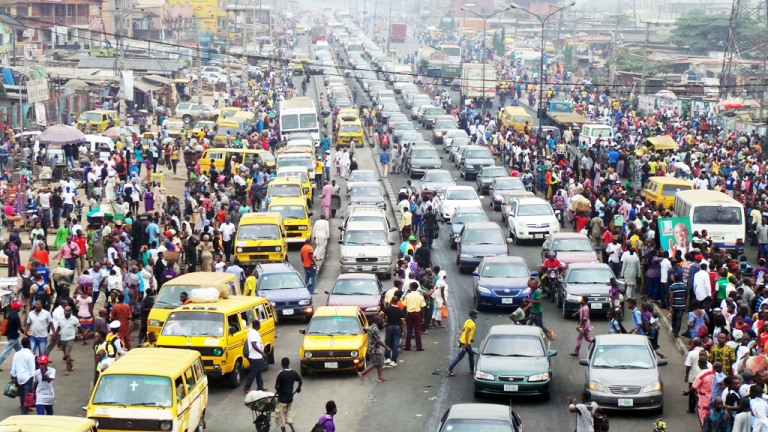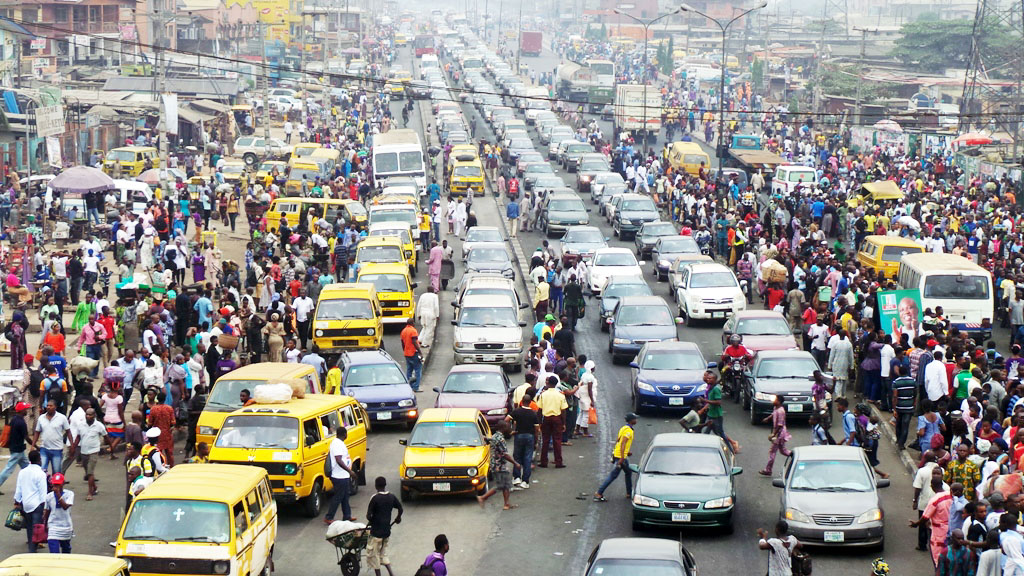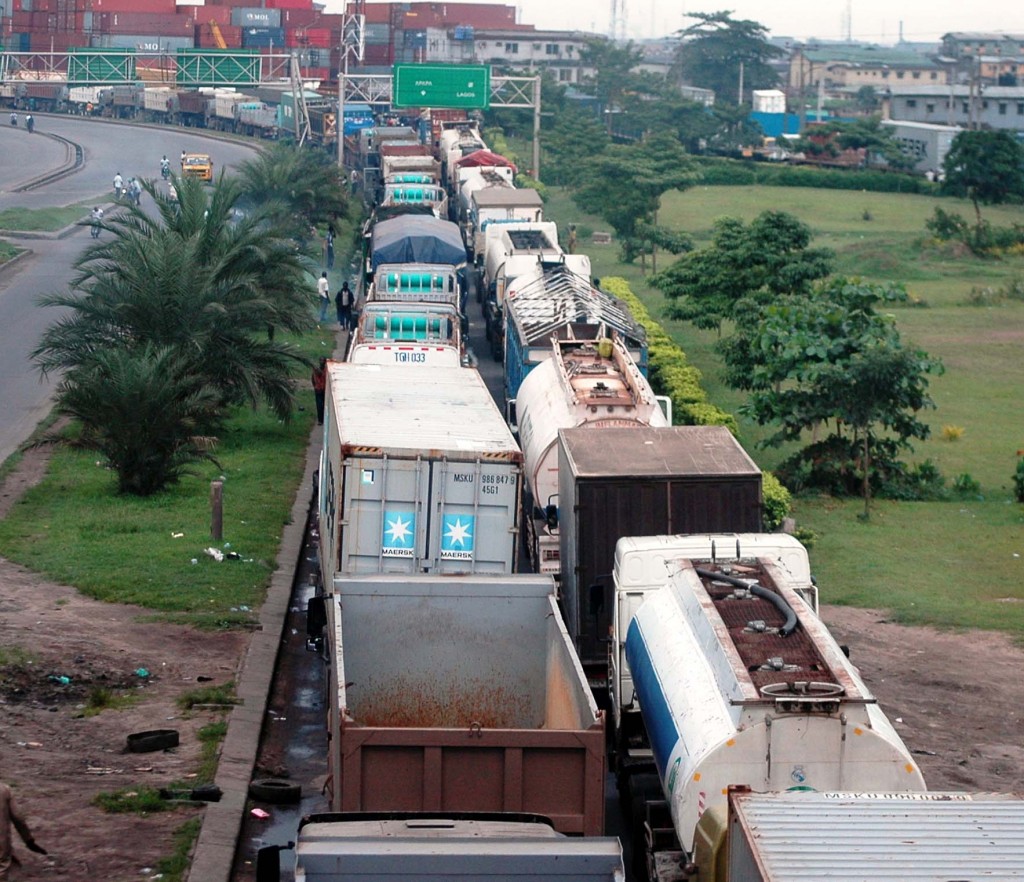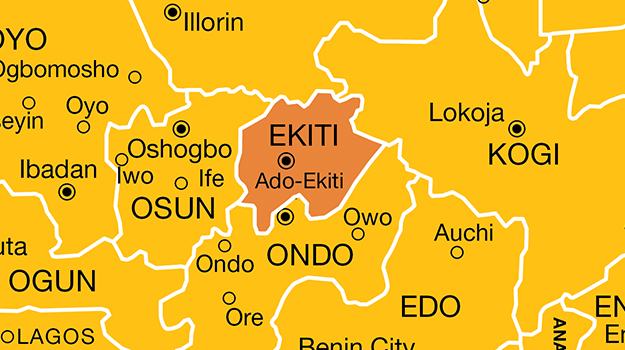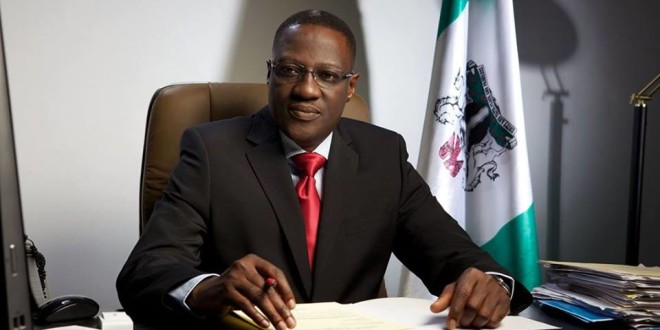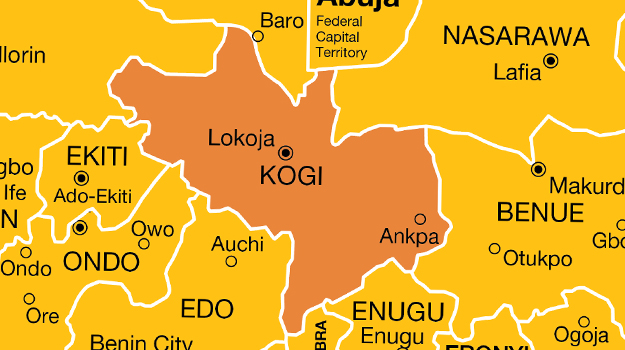There was gridlock in different parts of Lagos on Monday following the return of heavy duty vehicles to major roads in the state.
The government had restricted the movements of trucks within the metropolis to 9pm and 6am after an accident involving a truck led to the loss of three lives in the Ojuelegba area of the state earlier in the month.
In the last few weeks, the truck owners have mounted pressure on government to lift the ban.
With their return on Monday, Lagosians lamented over manhour loss. From Ikorodu road to Apapa to the Third Mainland Bridge and different parts of the Island, movements were restricted because of the number of trucks on the roads.
Advertisement
Some of those affected by the development shared their experience with TheCable, calling for an alternative means of transportation or routes to ease movement in the state.
Adeleke Adewole, a barrister, said he spent about three hours on the road from Ojota to Yaba, a journey of not up to 15 minutes when the road is free.
“I got to work around 10am, and I left Ojota, some minutes past seven, thanks to a rough driver and good knowledge of inner roads,” he said.
Advertisement
“We passed through Maryland, Anthony, to Oshodi then Bariga-Somolu, to Palmgroove-Onipanu, to Jibowu,where we crossed to the other side on the culvert to link Yaba bridge.
“On a good day, I get to work around 8am – maximum of 8:15am. The traffic on Ikorodu road this morning is legendary. It’s time to start thinking of alternative means of transport in Lagos.”
Jesupelumi Adetunji, another resident who was also caught in the gridlock, said he got to work late than usual, despite using the relatively swift BRT.
Advertisement
“I got to work around 10am. I was on the road for about 40 minutes, and the journey from Ojota to Anthony on a good day is 10 to 15 minutes,” he said.
“Asides that, the BRT buses were not coming from Ketu-Mile 12, I had to wait on the queue for about one hour before a bus finally came. To say the traffic was crazy would be an understatement.”
Commuters around Apapa- CMS axis said the traffic situation was terrible, adding that they the tankers were back to the roads.
Narrating his own experience to one of our correspondents, Nonso Akhigbe, a bus conductor, said he would have hiked the fares if he had an idea of what was ahead.
Advertisement
“From Apapa to CMS took us close to two hours. A route that is always under 30 minutes, these tankers are back to the road,” he said in pidgin English.
“If we knew the tankers were back to the roads, we would have expected a traffic jam of this nature, coupled with the rain and would have increased the fares.”
Advertisement
Both ends of the Third mainland bridge was locked down, as motorists moved slowly from Oworonshoki-Church to the Island for hours.
Advertisement
“There is back-to-back traffic on third mainland bridge! Like from the beginning of the bridge to the end,” Gbemi Olateru, an on air personality said via Twitter.
“Sitting in Lagos traffic, reminiscing about Miami nights. If you are on the mainland and you were thinking of coming to the island, just forget it! Try tomorrow.”
Advertisement
Another road user, who identified himself as Harvey Olufunmilayo, a medical doctor said: “Imagine spending one whole hour on the third mainland bridge this morning! And you have fully-loaded heavy duty vehicles as well”.
Remi Ogungbemi, national president of the Association of Maritime Truck Owners, said the gridlock would clear within the next 48 hours.
He said various stakeholders had been working tirelessly with officials of the Nigeria customs service to clear backlog of trucks at the ports as a result of the ban.
“Since the Lagos state government relaxed the restriction of trucks to start moving in the day, accessing the ports had been difficult, due to trucks trapped by the law,” he told NAN.
“Trucks in the port have to go out for incoming ones, the Nigeria Customs Service have to clear the ones in the ports, hence the backlogs that locked down Lagos.
“I hope it will get better within 48 hours as stakeholders are working tirelessly to ensure free flow of traffic and we are sorry for the inconveniences.”
Hyginus Omeje, Lagos sector commander of the Federal Road Safety Commission (FRSC), told NAN that the gridlock was a deliberate action by truck and trailer owners.
“The whole trucks and trailers that were supposed to go into the ports are lined up on the road in Apapa and other roads in the state,” he said.
“We have positioned our men in strategic places so that they do not take over the whole part of the road; they are lined up on one part of the road.”
Add a comment

